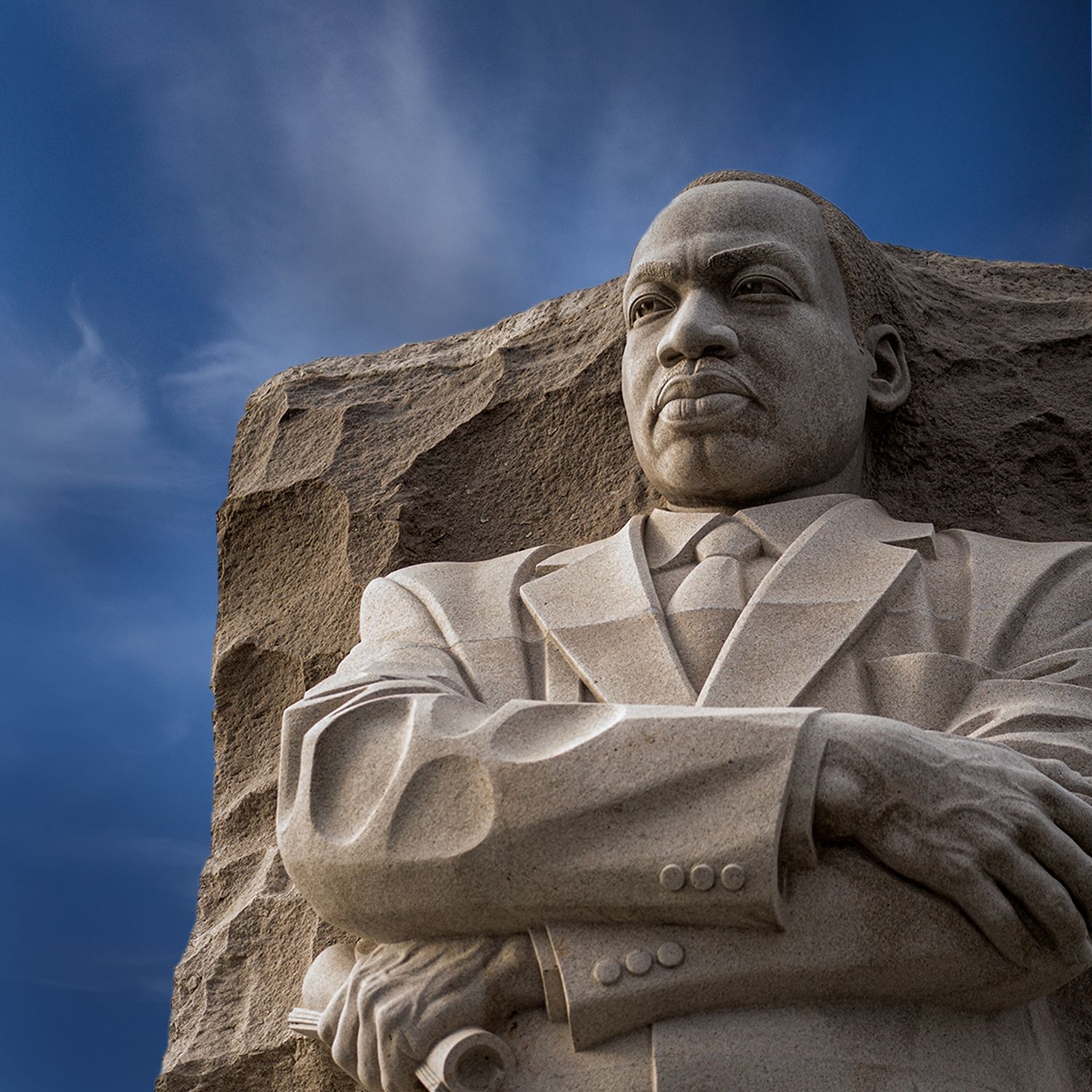
Martin Luther King, Jr. Day
On the third Monday of January, we recognize and celebrate Dr. Martin Luther King, Jr.'s contributions to the civil rights movement in the United States.
Martin Luther King Jr. Day is a federal holiday in the United States, celebrated on the third Monday of January each year. The holiday honors the life and legacy of Dr. Martin Luther King Jr., a leader in the American Civil Rights Movement who advocated for equality, justice, and nonviolent resistance. King’s efforts played a crucial role in challenging racial segregation and discrimination, leaving a lasting impact on the American social and political landscape. Martin Luther King Jr. Day serves as both a day of remembrance and a call to action, encouraging people to engage in service projects to better their communities.
The Legacy of Martin Luther King Jr.
Martin Luther King Jr. was born on January 15, 1929, in Atlanta, Georgia. A Baptist minister and social activist, King is best known for his role in advancing civil rights through nonviolent protest. He rose to prominence in the 1950s and 1960s, leading marches, protests, and speeches to challenge the systemic racism that permeated American society.
King’s leadership helped secure landmark legislative achievements such as the Civil Rights Act of 1964, which outlawed discrimination based on race, color, religion, sex, or national origin, and the Voting Rights Act of 1965, which prohibited racial discrimination in voting.
Perhaps King’s most famous moment came with his “I Have a Dream” speech during the 1963 March on Washington for Jobs and Freedom, where he called for an end to racism and for the realization of a society where people would be judged by the content of their character, not the color of their skin.
Tragically, Martin Luther King Jr. was assassinated on April 4, 1968, but his message and mission continue to inspire individuals and movements worldwide.
The Establishment of Martin Luther King Jr. Day
Following King’s assassination in 1968, there was a widespread movement to honor him with a national holiday. In 1983, President Ronald Reagan signed a bill that officially established Martin Luther King Jr. Day as a federal holiday, with the first observance taking place on January 20, 1986. It wasn’t until 2000 that all 50 states officially observed the day.
Many educational programs, cultural events, and commemorations take place on Martin Luther King Jr. Day, including parades, discussions, and exhibitions that highlight King’s principles of nonviolence and social justice. Additionally, many organizations and institutions use the holiday to focus on issues like racial inequality, poverty, and human rights.
Celebrating MLK Day
Martin Luther King Jr. Day honors a pivotal moment in American history and challenges people to reflect on civil rights issues. King’s commitment to nonviolent protest and unity remains an essential principle for addressing the challenges of the modern era.
